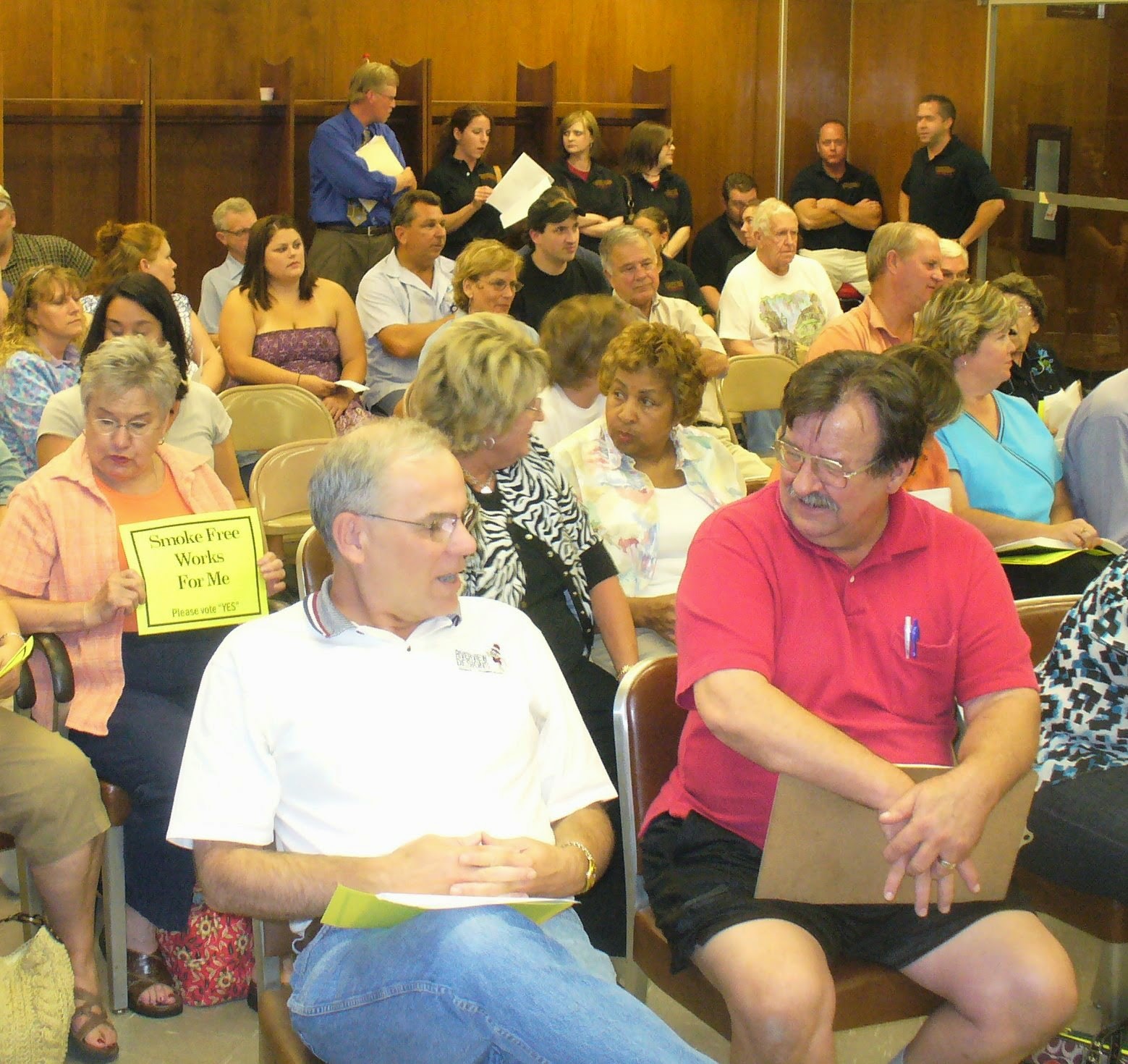
It’s gaslighting all over again in this essay, which connects the autobiography of a pimp (spoiler: not a pretty story at all) to big-time football, health problems and brain damage suffered by players, thoroughbred horse racing, and the plantation-president.
As usual for a longer essay, I’ve included only one excerpt, and highlighted a single passage from it. You’re encouraged to read all of the essay.
American Pimps, by Shawn Hamilton (The Baffler)
The NFL, Donald Trump, and Iceberg Slim
Retirement by Gaslight
The thoroughbred horse has reached what Richard C. Francis, author of Domesticated, calls an “evolutionary dead end.” Breeders have not produced a faster thoroughbred for decades.
Thoroughbreds have evolved “inordinately large hearts and lungs” to increase their aerobic capacity. They have evolved a huge chest cavity to make room for those larger organs, which then crowd the stomach and intestines, causing them to “shift around in hazardous ways.” The bodies of the thoroughbreds are “too large” relative to the legs and feet, making the animal “extremely top heavy.” And this, Francis writes, “goes a long way toward explaining the high frequency of leg injuries, often catastrophic.”
This is not the face of racing that the public sees. The early years of a racing horse’s career are glorious. As the horses get older, drugs are often used to keep them going. And when the thoroughbred comes to its end, quietly—away from the cameras, seersucker suits and sun hats —it is put down and perhaps later immortalized in statues, photos, or crappy movies.
The NFL player who sees a connection between himself and a poor kid in the ghetto appears nuts to many fans. But the working-class fan who thinks his interests align with those of billionaire owners is perfectly sane in their view.
In Pimp, Glass Top recommended retiring his obsolete thoroughbreds to mental asylums. He used a combination of ruses and drugs to convince them that they had gone insane. “I got a thousand ways to drive ’em goofy,” said Glass Top, “That last broad I flipped, I hung her out a fifth floor window. I had given her a jolt of pure cocaine so she’d wake up outside that window. I was holding her by both wrists. Her feet were dangling in the air. She opened her eyes. When she looked down she screamed like a scared baby.”
“She was screaming when they came to get her.”
Some have attributed NFL protests to a similar kind of insanity, stoked by the fervid imaginings of the players themselves. They are rebranded as “spoiled,” “entitled,” or just not that bright. The fan, meanwhile, is the paragon of reason and logical consistency.
This is the same fan who believes that paid patriotism is okay, but peaceful protest is not. This is the same fan who is eager to subsidize billionaire team owners, while labeling a dissenting player “spoiled” or “privileged.” And this is the same fan who is willing to watch the game despite scandals ranging from domestic violence, to prescription drug abuse, to the conspiracy of official silence surrounding the head-injury scandal. This fan is willing to accept all these contradictions and lies as just part of the game or as an unspecified price of doing business. And when the owner refuses to really “own” his players and put them in check, this fan is ready to boycott.
The NFL player who sees a connection between himself and a poor kid in the ghetto appears nuts to many fans. But the working-class fan who thinks his interests align with those of billionaire owners is perfectly sane in their view.
However, none of this wishful thinking will alter the fundamental shifts in the rules of engagement: the players can no longer “just play the game” the way the fans want them to. They know too much. The stadiums remain, but the air castles are gone. And this is probably just the beginning.











